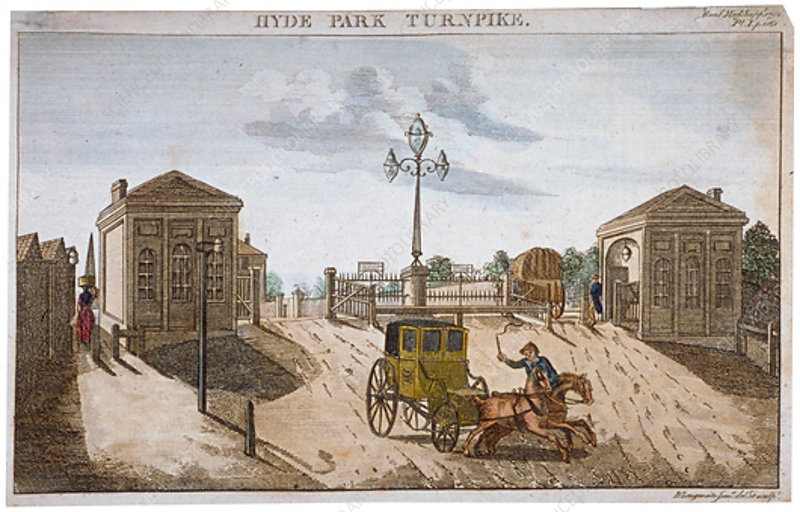Thinking about my work as a public historian and some of the recent and on-going discussions about training in history generally and doctoral training specifically have made me think about the skills and opportunities I try to provide to both students and professional consulting researchers.[1] Mixing academic teaching with entrepreneurialism has given me the opportunity to work with a diverse group of students and researchers in a rich environment. Teaching permits me to keep up with scholarship, conferences and academic discussions. Historical research consulting requires a diversity of history specific knowledge, but has also included developing a research environment that meets the diverse needs of clients, while working with undergraduate, graduate and post-graduate researchers. Reflecting on the skills and opportunities of this work, these may be considered by those teaching, seeking graduate training and professional development.
The most important skill that should be taught earlier and to more students so that more of the analytical training is transferable to students is working with databases and learning to systematize research using primary documents. Library and Archives Canada, the award winning website, Great Unsolved Mysteries in Canadian History [2] and other extensive digitization projects in Canada and the United States assist with teaching databases and students and researchers can learn to use databases to enhance research and analysis. Exposing students and professional researchers to the systematization of research provides them with more transferable skills that are often key to many opportunities in public history.
Continue reading



![Dartmouth_Hall Edited digital image from Library of Congress, LC-USZ62-3924 (b&w film copy neg.) Lithograph of Stodart & Currier, N.Y. published by B.O. Tyler, [1834 or 1835]. See Currier & Ives : a catalogue raisonné / compiled by Gale Research. Detroit, MI : Gale Research, c1983, no. 1571. http://lcweb2.loc.gov/cgi-bin/query/i?pp/PPALL:@field(NUMBER+@band(cph+3a07365))](https://i0.wp.com/activehistory.ca/wp-content/uploads/2011/11/Dartmouth_Hall.jpg?resize=180%2C119&ssl=1)

 by David Zylberberg
by David Zylberberg
